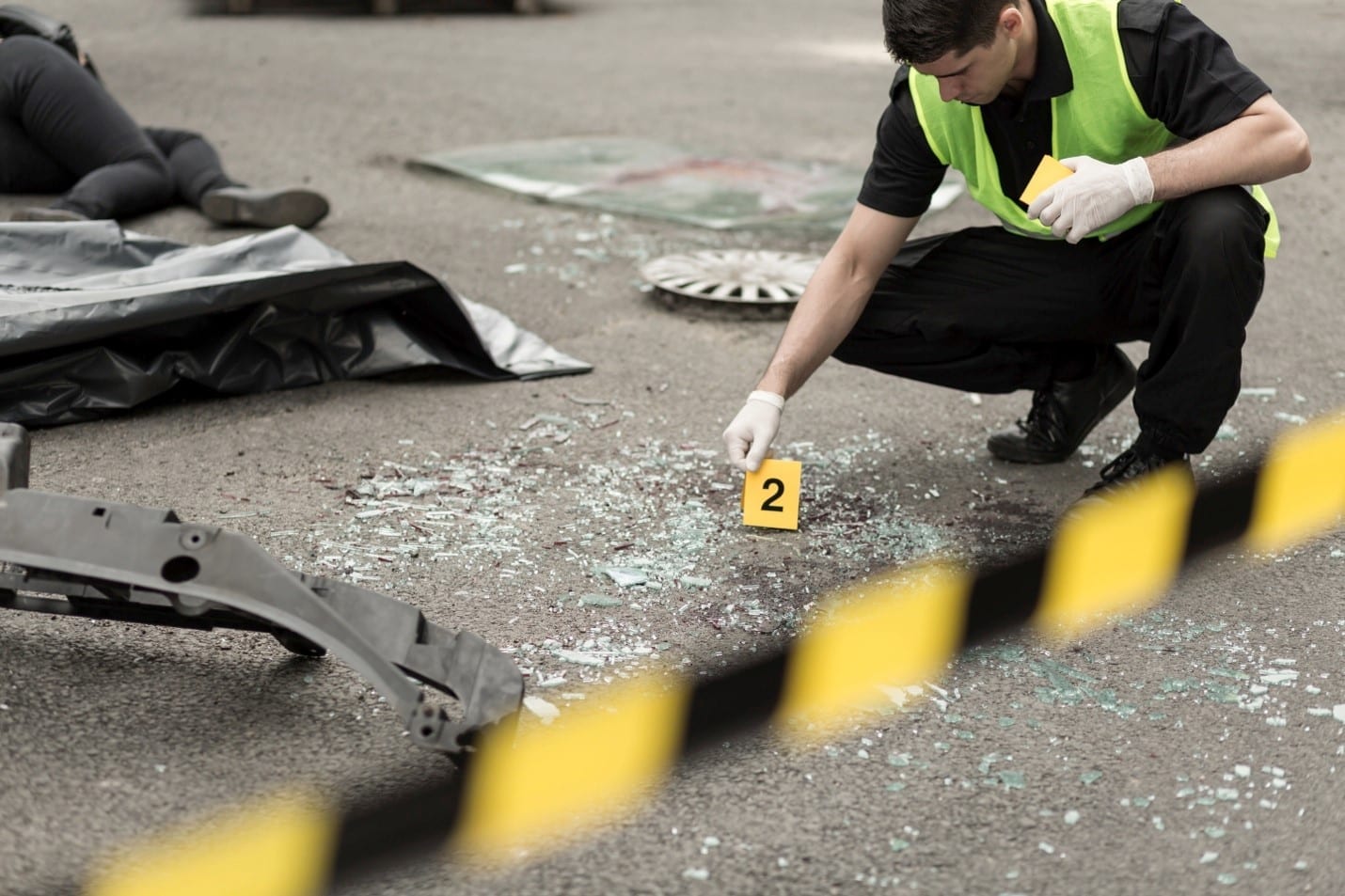The Different Murder Charges in Illinois
Everyone knows that it’s wrong to kill another human being. But oftentimes, things aren’t so cut and dry. Are come types of killings worse than other types? Are there extenuating circumstances that should be recognized?
The State of Illinois certainly thinks so. Depending on the actual details surrounding a killing, there are a number of murder and related charges that a defendant might face. Understanding the charges that you are actually facing can make all the difference in the world.
So let’s break down these different charges to clarify the specifics of each crime and their associated penalties.
First Degree Murder
First degree murder is the most serious murder crime here in Illinois. Our state doesn’t have a capital murder charge because we’ve abolished the death penalty. In order to be convicted of this crime, the prosecution must prove – beyond a reasonable doubt – that the defendant killed someone without lawful justification and one of the following is true:
- The defendant intended to kill that person or do great bodily harm to them
- The defendant knew that the act would most likely result in death or great bodily harm
- The defendant was attempting to commit a forcible felony (i.e. rape) other than second degree murder
First degree murder is punishable by 20 to 60 years in prison, but if aggravating factors are present, the maximum term can be increased to life. For all first degree murder convictions, the entire prison term must be served.
Famous First Degree Murder Case: On September 6, 2012, Drew Peterson – a former police sergeant – was convicted of first degree murder in Illinois for the 2004 death of his third wife, Kathleen Savio. He is currently serving a 38-year prison term with the earliest possible release date of May 7, 2047, when he will be 93 years old.
He was also named as a suspect in the disappearance of his fourth wife Stacy Peterson, which received national publicity and coverage. Stacy’s body has never been found.
Second Degree Murder
While second degree murder is similar to first degree murder, it has certain circumstances that reduce the charge.
As with first degree murder, the prosecution has to prove beyond a reasonable doubt that the defendant unlawfully killed someone and intended to kill or do harm or knew that the act would cause death or harm. If the prosecution can prove either of those circumstances, the defendant then has to prove that:
- He or she was acting under “a sudden and intense passion” at the time of the killing due to being seriously provoked and ended up accidentally or negligently killing an innocent person, or
- The defendant believed that the killing would have been lawfully justified at the time of the killing but that belief was ultimately unreasonable
If the defendant cannot prove either of these circumstances, the prosecution could change the charge to first degree murder.
Unlike first degree murder, second degree murder is a class 1 felony, which is punishable by 4 to 20 years in prison. In some instances, as an alternative to prison, a probation term of 4 years may be an option.
Involuntary Manslaughter
Manslaughter is defined as the unintentional killing of another person without lawful justification, whereas murder is defined as the intentional killing of another person.
So a person commits involuntary manslaughter if the acts that caused the death – lawful or unlawful – are likely to cause death or great bodily harm and are performed recklessly. For example, if someone were to accidentally and unintentionally kill someone with a gun, they could be charged with involuntary manslaughter.
Involuntary manslaughter is a Class 3 Felony punishable by 2 to 5 years in prison but can be elevated to a Class 2 Felony – 3 to 7 years in prison – for aggravating factors. But if you’re dealing with a Class 3 Felony, probation might be an option.
Reckless Homicide
Reckless homicide is very similar to involuntary manslaughter. The major difference between the two charges is that with a reckless homicide, the defendant killed someone with a motor vehicle, snowmobile, all terrain vehicle, or watercraft.
So if someone was driving under the influence of alcohol and killed someone in a crash, they could be charged with reckless homicide. Additionally, a defendant can face other charges with a reckless homicide charge. In the previous example, that driver could be charged with aggravated DUI along with a reckless homicide charge.
As with involuntary manslaughter, reckless homicide is a Class 3 Felony punishable by 2 to 5 years in prison but can be elevated to a Class 2 Felony – 3 to 7 years in prison – for aggravating factors.
Any criminal charge should be taken seriously, but when it comes to the killing of another person, you should absolutely seek legal help and representation from an experienced Illinois criminal defense attorney who understands the law, your charges, and how best to defend your case for the best possible results.
About the Author:
Andrew M. Weisberg is a former felony prosecutor who now serves as a defense attorney in the greater Chicago area. He has extensive experience in handling all types of criminal cases, from sex offenses and domestic violence to retail theft-related crimes, Murder, and drug crimes.







 Blog Home
Blog Home 












